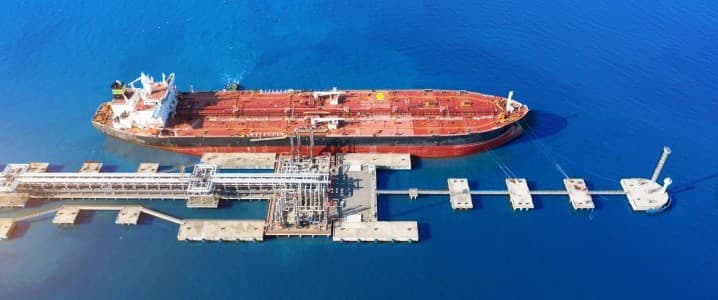Southeast Asia’s biggest economy, Indonesia, has allowed private fuel retailers, including the units of BP and Shell, to import fuel via state-controlled energy firm Pertamina, Indonesia Energy Minister, Bahlil Lahadalia, said on Friday.
Private fuel retailers in Indonesia have experienced shortages at their pump stations as fuel has been scarce since August.
Indonesia removed Pertamina’s monopoly in the fuel retail market two decades ago. But the state oil and gas firm has continued to have a dominant position in supply, while private retailers have suffered from continued restrictions on the import of non-subsidized fuel.
Due to the import restrictions and quotas for private refiners, Shell, BP, and other private operators of gas stations in Indonesia haven’t been able to supply enough fuel for their outlets in weeks.
The fuel scarcity of non-subsidized fuel has prompted the anti-trust body, KPPU, to launch an investigation into unfair business practices.
The anti-monopoly agency concluded this week that Indonesia’s restrictions on subsidized fuel limit choices for consumers. The curbs for private refiners have contributed to fuel shortages at gas stations and may have created an unfair business practice, KPPU added.
Now Indonesia has decided to allow more imports to the private retailers via Pertamina, minister Lahadalia said on Friday at a news conference while accompanied by executives from the local retailer units of Shell and BP.
The government has agreed to meet the request of the private retailers for additional import volumes, “but through a collaboration with Pertamina,” the Indonesian minister said, as carried by Reuters.
Under the collaboration, Pertamina will supply private firms with unblended fuel without mixtures of additives. The retailers thus can do their own blending, Lahadalia said.
Separately, Pertamina is also considering importing oil products from the United States to reduce its trade surplus with America. Earlier this year, Lahadalia urged Pertamina to import American fuel regardless of the logistical challenges.
By Charles Kennedy for Oilprice.com
More Top Reads From Oilprice.com

